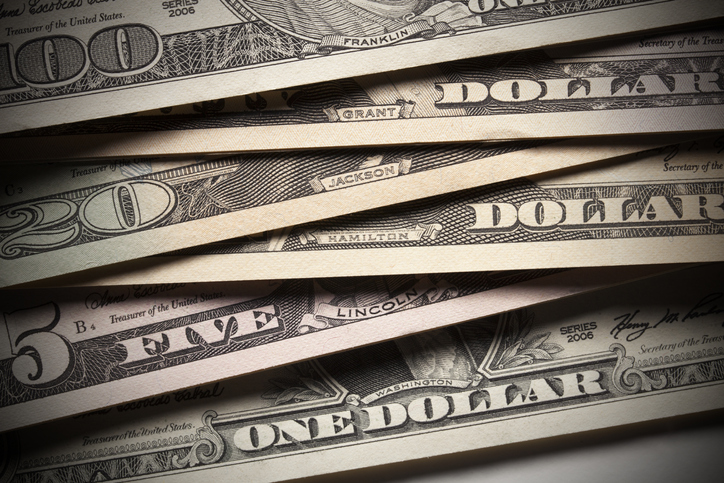Tuesday, March 20, 2018
 Earlier this year, the IRS released guidelines requiring employers across the country to apply new federal tax withholding tables to paychecks by February 15th. The U.S. Treasury estimates 90 percent of all payroll employees will experience higher take-home pay as a result. The monthly increase for a single person earning $50,000 is expected to be about $200.
Earlier this year, the IRS released guidelines requiring employers across the country to apply new federal tax withholding tables to paychecks by February 15th. The U.S. Treasury estimates 90 percent of all payroll employees will experience higher take-home pay as a result. The monthly increase for a single person earning $50,000 is expected to be about $200.This increase is good news for those seeking to get ahead of debt, however, financial counselors at Money Management International (MMI) say consumers must put a plan in place. Credit card, student loan, and auto lending have reached all-time national highs, while personal savings is just shy of its all-time low, according to the Federal Reserve. A survey conducted by Pollfish suggests many consumers intend to use the extra money to pay down debt, but the tax break may also compel them to spend more.
Experts warn that financial inertia and projected interest-rate hikes could impede borrowers' progress. Rising rates will increase minimum payments and the total cost of carrying debt, while curbing promotional-rate balance transfer offers. MMI notes the tax break is not permanent and encourages employees to view the tax break as an opportunity to formulate – and fund – an achievable plan to improve their financial health.
Now is a good time to learn what your best options are for effectively reducing debt, so consult a financial advisor to find out what will work best for you. While it may be tempting to spend the increased income you may receive, assess your financial picture to see if those funds are better spent by paying down debt.
Source: Money Management International
RISMedia welcomes your questions and comments. Send your e-mail to: realestatemagazinefeedback@rismedia.com






